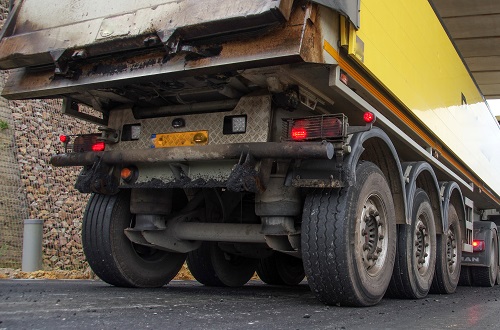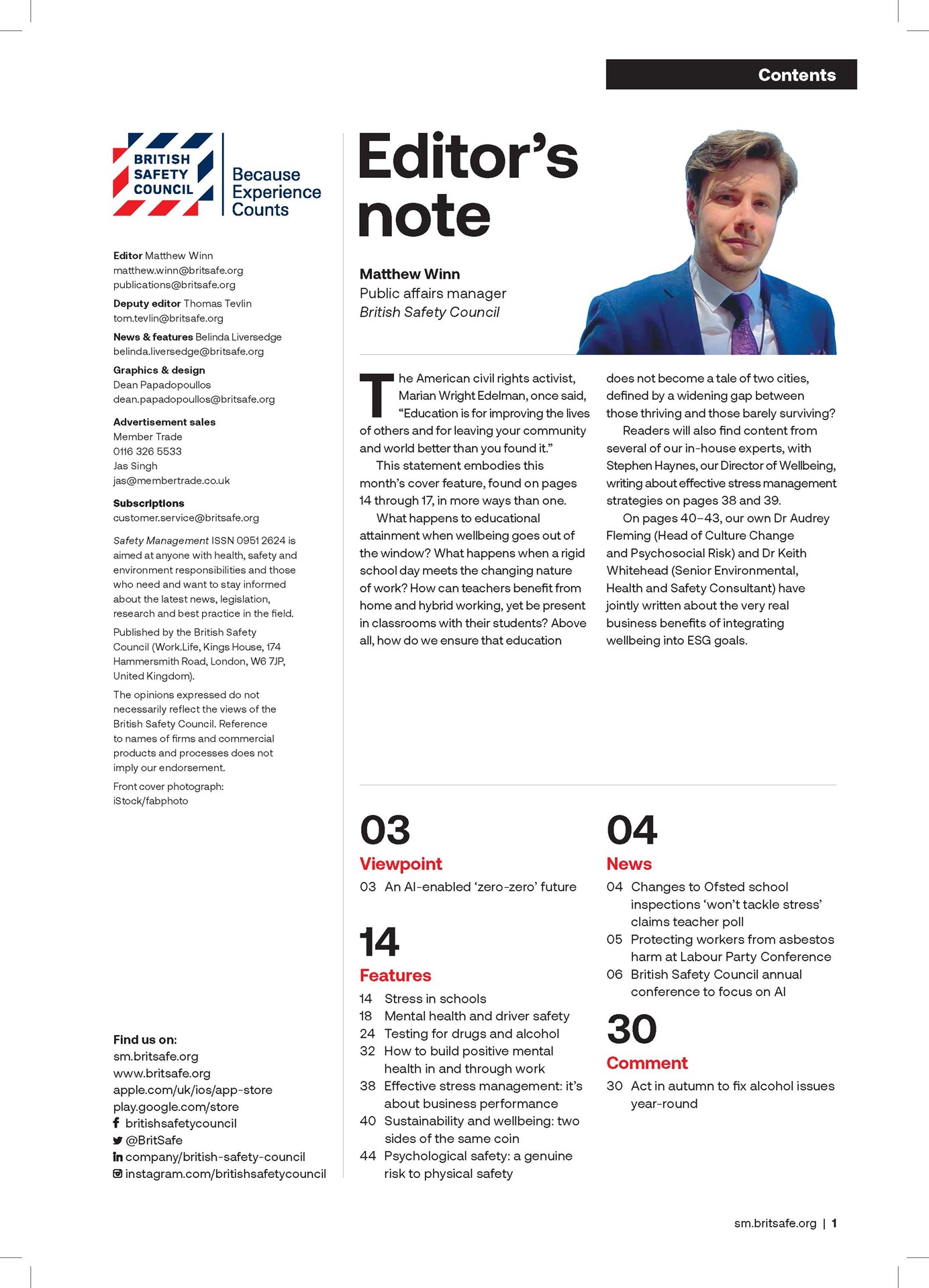An eight-year investigation into an explosion at a Pembrokeshire oil refinery that killed four workers has culminated at court in a £5m fine for Valero Energy.
News
Valero Energy fined £5m after refinery explosion kills four
Dennis Riley, 52, Robert Broome, 48, Andrew Jenkins, 33, and Julie Jones, 54 died after a storage tank exploded at the site in 2011. A fifth worker, Andrew Philips, also sustained major injuries.
Swansea Crown Court heard how on 2 June 2011, the five workers were emptying a tank in the Amine Recovery Unit using a vacuum tanker when the incident took place shortly after 6pm. B&A Contracts Ltd, a long-term contractor at the refinery, was carrying out the work, with support from another contractor, Hertel.
A fireball resulting from the explosion severed a five-tonne tank roof, which shot 55 metres out, hitting a butane storage sphere. The roof narrowly missed a pipe track where flammable materials were carried.
 The Pembrokeshire oil refinery operated by Valero Energy after the blast occurred in 2011. Photograph: HSE
The Pembrokeshire oil refinery operated by Valero Energy after the blast occurred in 2011. Photograph: HSE
Ignition of a highly flammable atmosphere within the tank, during what should have been a routine emptying operation in preparation for further cleaning and maintenance, was the likely cause of the explosion, said HSE.
Its investigation also found ‘long-standing failures’ within the refinery safety management systems. As a result, the risks posed by flammable atmospheres inside the Amine Recovery Unit were not understood or controlled.
Valero Energy UK Ltd of Wood Street, London, which bought the refinery off Chevron Limited, was fined and ordered to pay costs of £1 million for breaches of sections 2(1) and 3(1) of the Health and Safety at Work Act 1974.
B&A Contracts Ltd of Hubberston Road, Pembrokeshire was also fined £120,000 and ordered to pay costs of £40,000.
Speaking after the final hearing on 6 June, investigating HSE inspector Andrew Knowles said: “This incident, which had devastating consequences for all of those involved, was entirely preventable. Many opportunities to take action to control risk were missed, that would have prevented the incident from occurring.
He added: "It is important to realise that the incident could have had even more serious consequences had the butane sphere or pipe track been damaged by the flying tank roof."
Detective Superintendent Anthony Griffiths said: “Officers from Dyfed-Powys Police worked closely with the Health and Safety Executive to support them in the very complex investigation to establish the cause of this tragic incident. We hope that the lessons learned ensure that a tragedy of this nature doesn’t happen again. Our thoughts remain with all the families involved.”
NEWS

Top jobs in safety in greatest demand right now, says recruiter
By Belinda Liversedge on 29 October 2025
Senior safety professionals who can influence culture, lead transformation, and align health and safety with wider business goals are in growing demand by employers, the recruiter Irwin & Colton have said.

HSE inspectors target Manchester construction sites as part of health drive
By Belinda Liversedge on 28 October 2025
HSE inspectors made a series of proactive inspections last week in Manchester city centre to tackle ill-health on construction sites.

Headline fines highlight common errors in reversing
By Belinda Liversedge on 24 October 2025
Reversing incidents have come into sharp focus in recent months, says HSE with two high profile fines totalling £3.5 million for the death of two workers.



